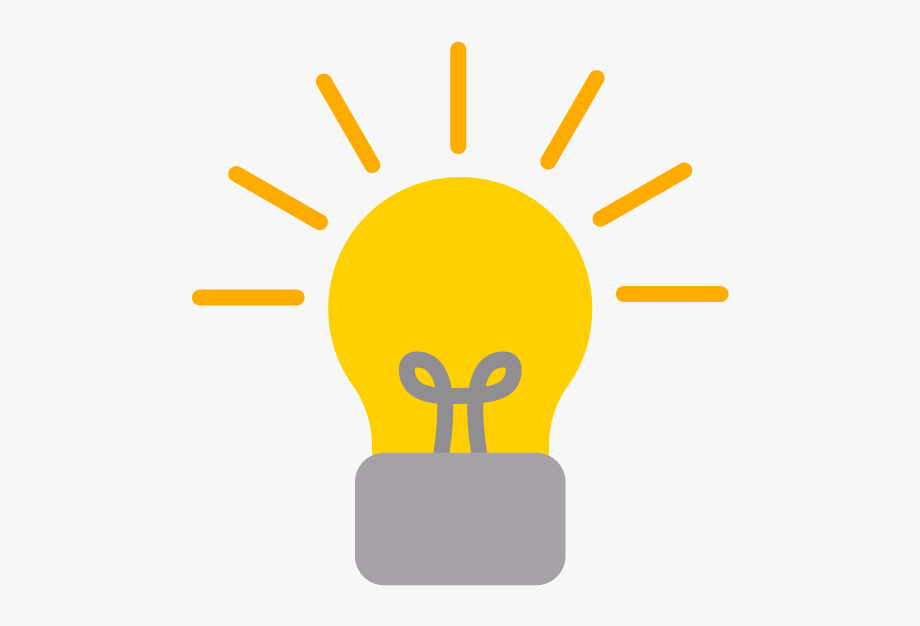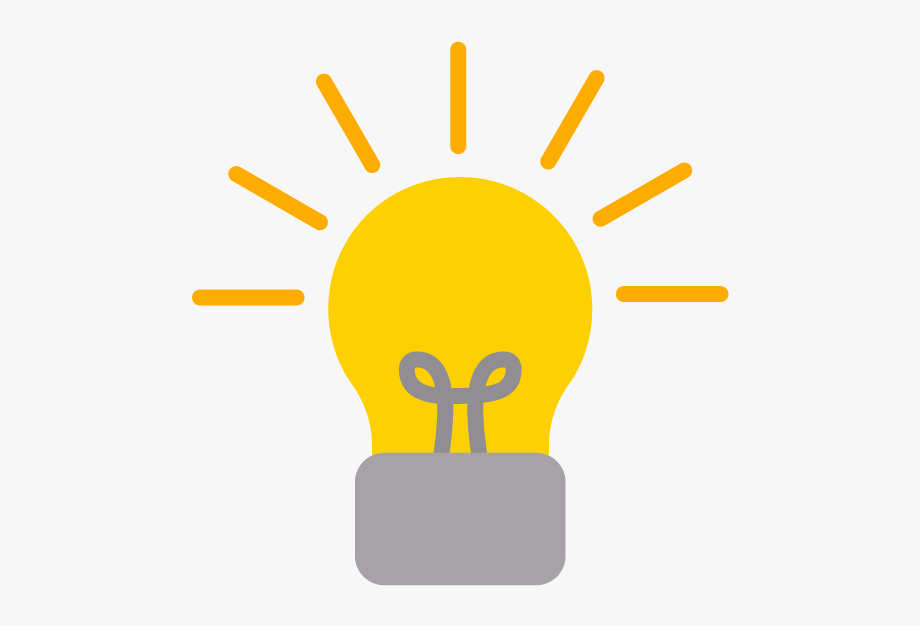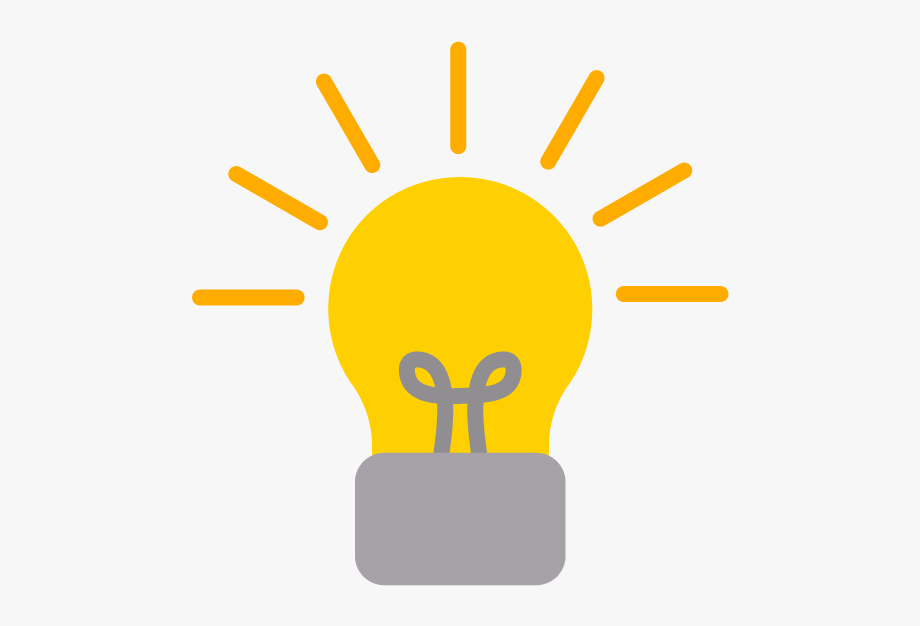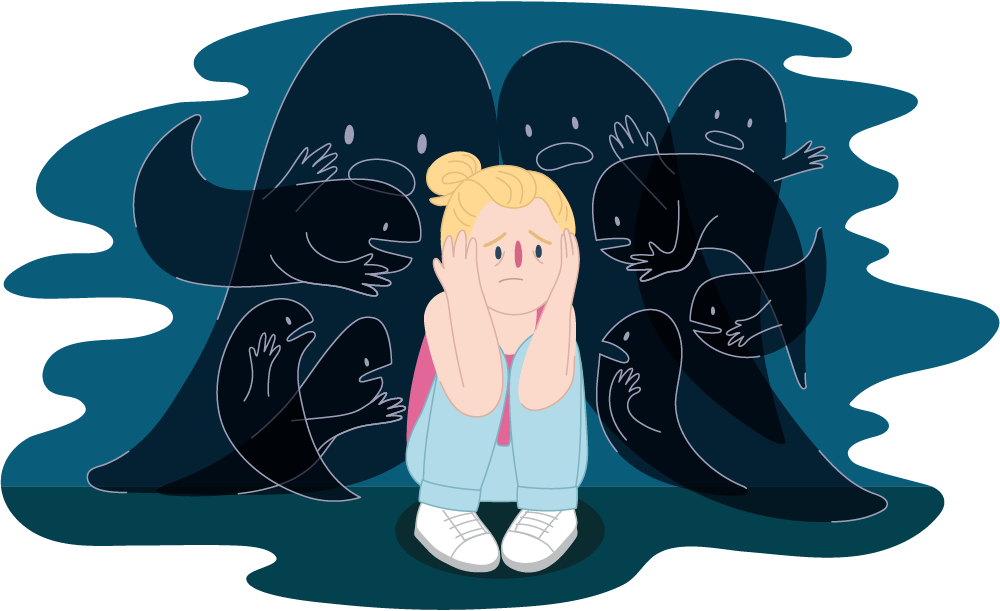
SLEEP TIPS - For more information and tips on sleep
Visit the Sleep Foundation - https://www.sleepfoundation.org/
#tips #keeplearningWe want to let you know that the BETH patient portal will be closing in the coming weeks.
After careful consideration, the Trust has decided to retire BETH for the following reasons:
Low usage – very few people are using the portal, High running costs – it’s expensive to maintain safely, Security and reliability concerns – it’s becoming harder to keep it secure and dependable
We understand this change may cause concern, but please be assured this decision was made to improve your overall experience. Our goal is to provide better, safer, and easier-to-use digital tools in the future.
Thank you for your understanding and continued support.
Use NHS login to access all your clinical information on this portal
Alternatively, you can sign up or login to beth using your email address and password:
What is Beth?
Beth is a secure platform powered by the South London and Maudsley NHS Foundation Trust (the trust) that promotes supported self-management and opportunities to improve communication between service users, carers and clinicians.
It is currently in development, more features and improvements will be added in the coming months.
Who is Beth for?
Anyone can sign up to Beth to explore wellbeing tips and recovery stories and create goals and coping strategies. If you need help or support using Beth, please email beth@slam.nhs.uk
If you are a service user at the South London and Maudsley NHS Foundation Trust, you can choose to connect your Beth account with your health record and care team. This will enable you to send and receive messages with your care team, share tracking, goals and coping strategies with them. Watch a YouTube video that shows you how to use each feature.
If you are a close family member, friend or carer of a service user at the trust, you can connect with their care team and let the team know how the person you support is doing.
If you are staff at the trust, you can access Beth via the icon in the top panel in ePJS. You can send and receive messages with service users and their carers and view updates that your caseload has chosen to share with you. As staff, if you need help or support using Beth, please contact the trust service desk. Watch a YouTube video that shows you how to use each feature.
Beth is powered by South London and Maudsley NHS Foundation Trust, if you are interested in using Beth in your trust or organisation, contact: DigitalServices@slam.nhs.uk
Why Beth?
Beth aims to demonstrate how personalised health records (PHRs) could enhance NHS service delivery and support people to stay well.
How does it work / what next?
Beth is built using agile development processes which enable iteration through user-centred build, test and learn cycles.
Beth integrates with the trust's clinical record system (ePJS).
The platform is being built open source and in a modular way that allows for future integrations, features and partnerships. Development of Beth so far has been funded by Maudsley Charity.
Beth will continue to grow and develop. If you are interested in using Beth in your trust or organisation or have ideas for how to add to the platform, contact: DigitalServices@slam.nhs.uk
Small improvements in our wellbeing can help to decrease some mental health problems and also help us to get more out of life.
These 5 ways to wellbeing are proven to improve personal wellbeing. Read the full document.
#KeepLearning Learning can boost self-confidence and self-esteem, help build a sense of purpose, and help us connect with others. Research shows that learning throughout life is associated with greater satisfaction and optimism, and improved ability to get the most from life.
What might you want to learn more about?

SLEEP TIPS - For more information and tips on sleep
Visit the Sleep Foundation - https://www.sleepfoundation.org/
#tips #keeplearning#GiveToOthers Doing even little things for others can give us a sense of purpose and self-worth. It can make us feel happier and more satisfied with life. Being kind to others can stimulate the reward areas in our brain, creating positive feelings. Even doing something small for someone else can give us a buzz.
How might you do something kind for someone today?

Offer someone a compliment.
But keep it short and sweet, people can feel embarrassed by over-the-top compliments.
#tips #givetoothers#TakeNotice Being in the moment, including just being aware of our thoughts, feelings, body and the world around us, can help us appreciate the little things, understand ourselves more and get the most out of being alive.
When in your day can you stop to notice what’s happening with you and around you?

Where possible try to remove distractions from your bedroom.
It is better to watch TV, play computer games and eat in another room. This will allow you to relax with no distractions in your bedroom.
#tips #takenoticeI hear voices but I have learnt how to deal with them

Rachel Waddingham leads a fulfilling and hectic life which involves juggling several posts, managing a London-wide mental health project, taking part in committees and speaking at conferences and events on mental illness
What makes this remarkable is that at any one time Rachel suffers from a symptom of psychosis which means she may hear several – sometimes conflicting – voices in her head. She has had to manage a total of 13 different voices in her head for the past 20 years.
The 35-year-old has an array of mental health conditions; she has been diagnosed with schizo-affective disorder and dissociative identity disorder as well as PTSD (post-traumatic stress disorder) and psychosis.
Rachel prefers not to label herself with any of these conditions and instead tells people she is a “survivor of trauma”.
“I suffered a number of traumas during my childhood,” she said. “One involved me being sexually abused.
“I kept this hidden for a long time which I think led to the psychosis. I started seeing visions when I was at primary school and by the time I was a teenager I felt convinced I was part of an alien experiment. Opening up and talking about it just didn’t seem possible”.
After a stint in a psychiatric hospital and years of prescribed drugs which she said left her feeling “groggy and demotivated” she embarked on a form of “talking therapy” and has not been on medication for the past four years.
Historically people with psychosis, schizophrenia and other associated disorders were not offered a talking therapy such as Cognitive Behavioural Therapy (CBT) because it was regarded as “dangerous” for them to talk about their condition. This old-fashioned view meant people were often given cocktails of drugs which never really dealt with underlying problems.
Rather than hinder her in her adult life, Rachel believes her experiences have actually assisted her in dealing with her everyday life. She works full time at Mind in Camden managing a network of support groups for people who are struggling with voices and visions, she trains mental health professionals – some at South London and Maudsley NHS Foundation Trust – and she has set up her own website called Behind the Label.
“The skills I have developed to manage my voices really help me in my work”, she said. “I hear voices all the time, so I’ve had to learn how to multi-task. The coping mechanisms that help me leave the voices in the background sometimes also help me focus when I need to meet a deadline. My conflict management and negotiation skills are as useful for the outer world as they are when dealing with some of my more aggressive voices”.
Rachel has in depth knowledge of mental health services and psychiatric hospitals – she spent eight months in one at her worst point – and uses this experience to help others deal with their problems. She manages the London Hearing Voices Project, based in Camden, and supports people to find ways of coping with distressing voices.
“Talking about problems is the best way to help healing,” Rachel said. “Before I was offered any talking therapy I felt really isolated. Then, when I first went to a Hearing Voices Group I realised that I was not some kind of monster. I wasn’t a freak. When I finally started art therapy, a few years ago, it was crucial to find someone who was able to help me work with my voices in more depth and heal from the traumas in my past.”
“I also talk to my husband and that helps too. I am a different person today because of this. If you met me 10 years ago this is a future that you would never have imagined for me.”
By Rachel
